In today’s highly competitive market, maintaining high standards of quality is critical for any business to succeed. This is where the Quality Control Inspector comes in—a key player in ensuring products meet specified quality standards. This article explores the responsibilities, skills, and career pathways of a Quality Control Inspector, offering a detailed guide for aspiring professionals and organizations.
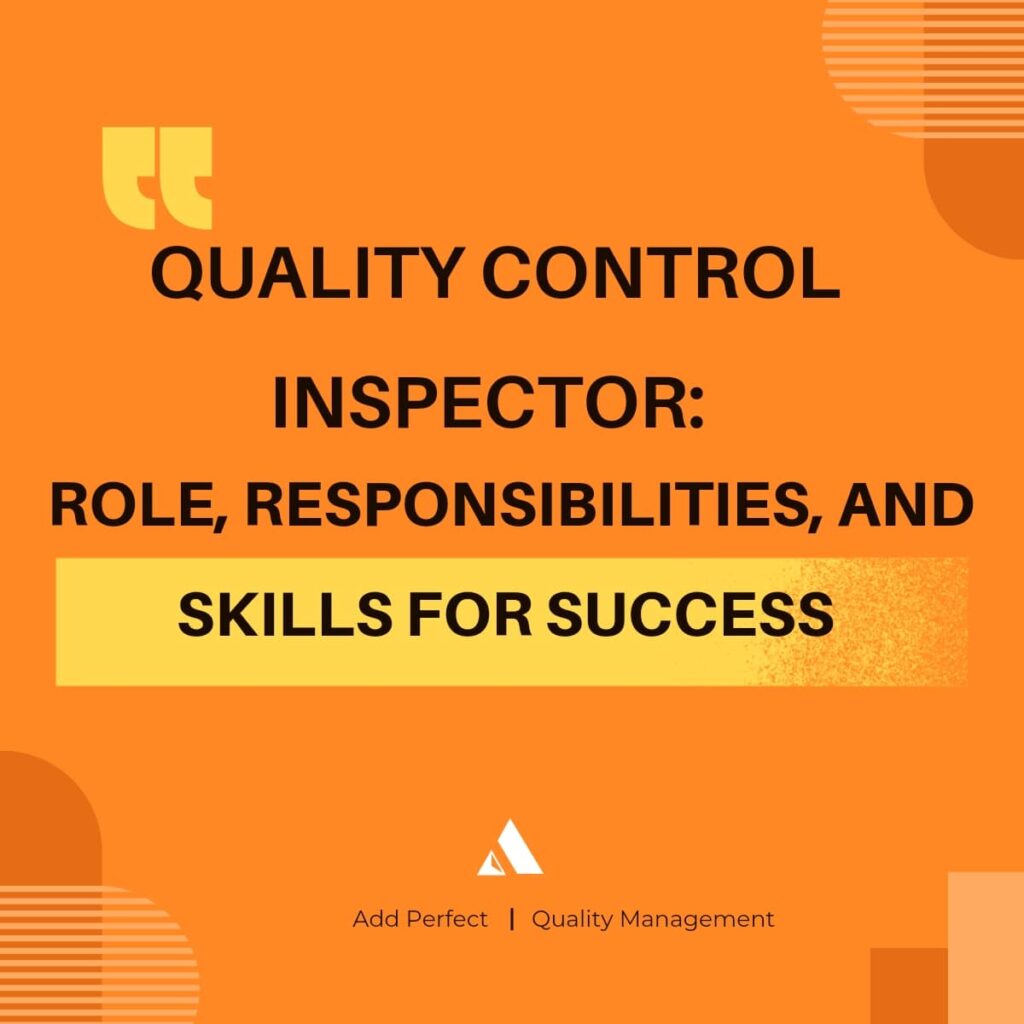
What is a Quality Control Inspector?
A Quality Control Inspector is responsible for examining products and materials to ensure they meet defined standards and specifications. They play a crucial role in identifying defects, maintaining product quality, and ensuring customer satisfaction.
Key Responsibilities of a Quality Control Inspector
The role of a Quality Control Inspector can vary depending on the industry but generally includes the following key responsibilities:
- Inspecting Products and Materials
- Conducting visual and mechanical inspections of products and materials.
- Using precision measuring tools to check dimensions and tolerances.
- Documenting and Reporting
- Recording inspection results and maintaining detailed reports.
- Reporting any defects or non-conformities to management.
- Quality Testing
- Performing tests to ensure products meet performance and safety standards.
- Using specialized equipment for testing physical properties such as hardness, strength, and durability.
- Compliance Verification
- Ensuring products comply with industry standards and regulatory requirements.
- Keeping up-to-date with changes in standards and regulations.
- Collaboration with Other Departments
- Working closely with production, engineering, and quality assurance teams to address quality issues.
- Providing feedback and recommendations for process improvements.
- Training and Development
- Training new inspectors and production staff on quality control procedures.
- Staying current with the latest inspection techniques and technologies.
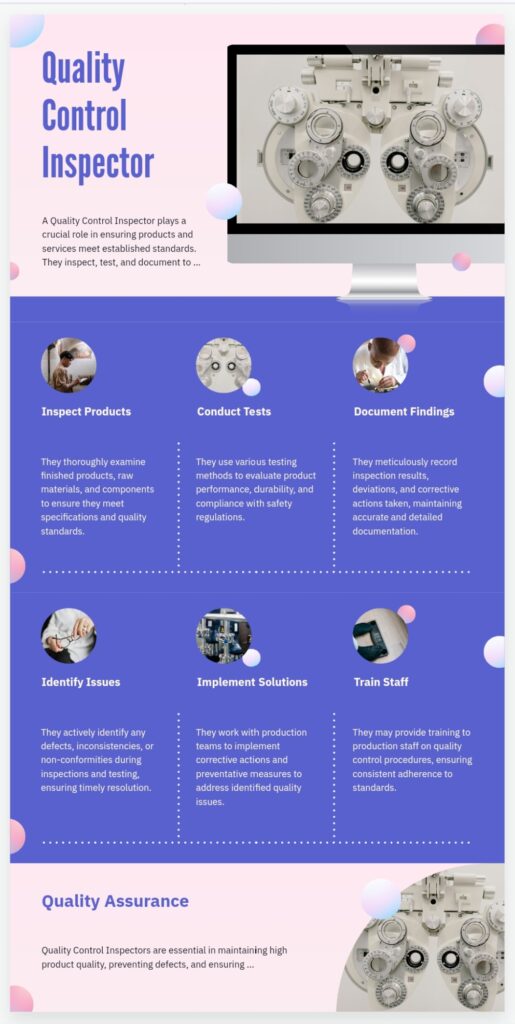
Essential Skills for a Quality Control Inspector
To be successful as a Quality Control Inspector, a combination of technical expertise and soft skills is essential. Key skills include:
- Attention to Detail
- A sharp eye for detail to identify defects and non-conformities.
- Technical Proficiency
- Proficiency with precision measuring instruments such as calipers, micrometers, and gauges.
- Knowledge of industry-specific testing equipment and procedures.
- Analytical Thinking
- Strong analytical skills to interpret inspection data and identify trends.
- Problem-Solving Abilities
- Effective problem-solving skills to address quality issues and implement corrective actions.
- Communication Skills
- Clear communication skills to report findings and collaborate with other teams.
- Physical Stamina
- Ability to perform repetitive tasks and stand for long periods during inspections.
Career Path and Advancement
A career as a Quality Control Inspector offers opportunities for growth and specialization. Here are typical steps in the career progression:
- Entry-Level Positions
- Starting as a QC Inspector or Quality Technician, focusing on specific inspection tasks.
- Mid-Level Roles
- Advancing to roles such as Senior QC Inspector or QC Supervisor, overseeing inspection processes and training junior inspectors.
- Specialist Positions
- Specializing in areas like non-destructive testing (NDT), compliance auditing, or quality engineering.
- Management Roles
- Moving up to positions such as Quality Control Manager or Quality Assurance Manager, leading quality initiatives and managing QC teams.
Industry Applications
Quality Control Inspectors are essential in various industries, each with unique quality standards and challenges. Here’s a look at how QC Inspectors contribute across different sectors:
- Manufacturing
- Ensuring manufactured products meet specifications and quality standards.
- Conducting inspections at various stages of the production process to identify and address defects.
- Construction
- Inspecting building materials and construction practices to ensure they meet regulatory standards.
- Performing site inspections to verify compliance with safety and quality standards.
- Automotive
- Inspecting automotive parts and systems to ensure they meet quality and safety standards.
- Conducting tests on components such as engines, transmissions, and braking systems.
- Aerospace
- Maintaining rigorous quality control of aerospace components and systems.
- Ensuring compliance with industry-specific standards like AS9100.
- Food Processing
- Inspecting food products to ensure they meet safety, quality, and labeling standards.
- Implementing HACCP systems to identify and control potential hazards.
- Pharmaceuticals
- Inspecting pharmaceutical products to ensure they meet regulatory standards for safety, efficacy, and quality.
- Conducting rigorous testing and validation processes.
- Electronics
- Inspecting electronic components and assemblies to ensure they meet quality standards.
- Using specialized testing equipment to check functionality and performance.
Trends and Innovations in Quality Control
The role of a Quality Control Inspector is continually evolving, with new trends and technologies shaping the field. Here are some notable trends:
- Automation and Robotics
- Implementing automated inspection systems and robots to enhance accuracy and efficiency.
- Big Data and Analytics
- Leveraging big data to gain insights into quality trends, identify root causes of defects, and make data-driven decisions.
- Internet of Things (IoT)
- Utilizing IoT devices to monitor and control quality in real-time, improving traceability and compliance.
- Non-Destructive Testing (NDT)
- Using advanced NDT techniques to inspect materials and components without causing damage.
- Sustainability
- Incorporating sustainable practices into quality control to meet environmental regulations and consumer expectations.
Becoming a Quality Control Inspector
Aspiring Quality Control Inspectors should focus on acquiring the necessary education, certifications, and experience. Here’s a step-by-step guide:
- Educational Requirements
- Obtain a high school diploma or equivalent; some positions may require a degree in a relevant field such as engineering or industrial technology.
- Certifications
- Pursue industry-recognized certifications such as Certified Quality Inspector (CQI) or certifications in non-destructive testing (NDT).
- Gain Experience
- Start with entry-level positions to gain practical experience and build a solid foundation in quality control practices.
- Continuous Learning
- Stay updated with the latest trends, tools, and methodologies in quality control through continuous education and professional development.
Conclusion
The role of a Quality Control Inspector is vital in ensuring that products and services meet high-quality standards and customer expectations. By understanding the responsibilities, skills, and career paths associated with this role, aspiring professionals can effectively navigate their journey in quality management. Organizations, on the other hand, can leverage the expertise of QC Inspectors to enhance their quality processes, drive continuous improvement, and achieve long-term success.
By focusing on quality assurance and control, AddPerfect.com aims to empower professionals and organizations with the knowledge and tools needed to maintain the highest standards of quality. Stay tuned for more in-depth articles, expert insights, and practical guides to help you excel in your quality management journey.
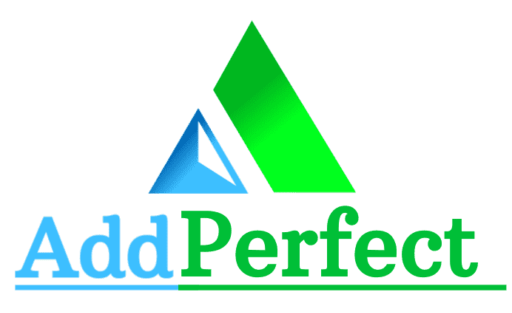
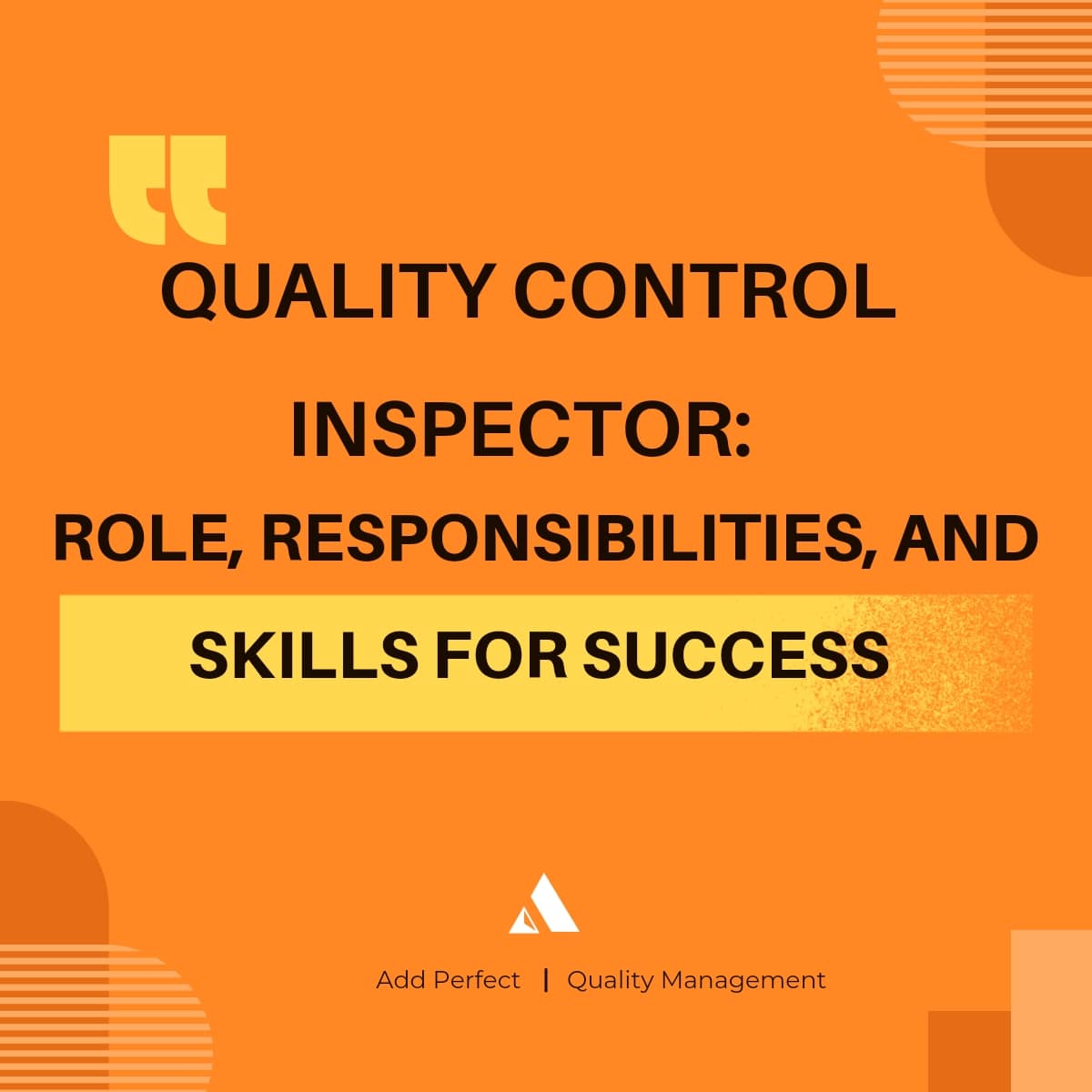
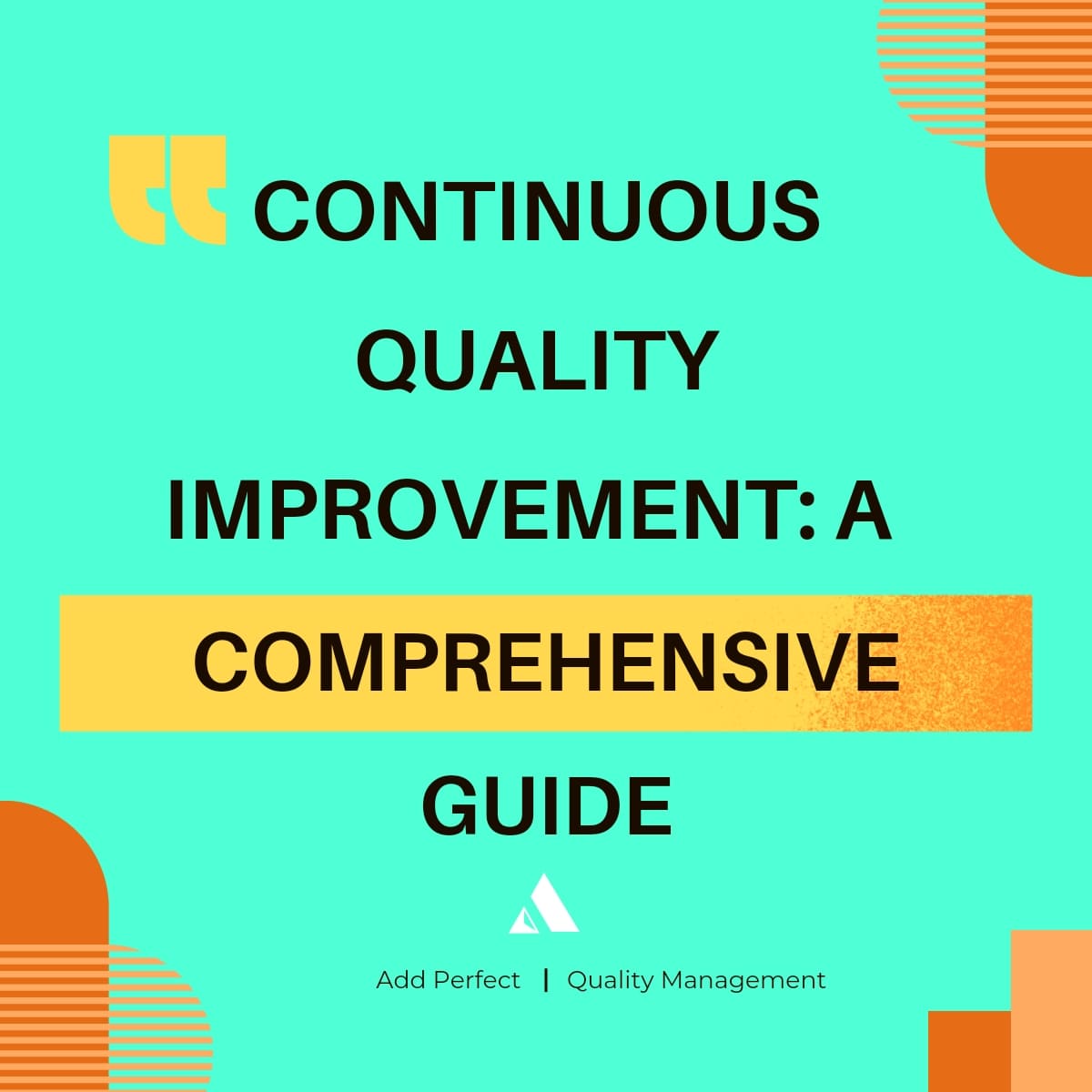
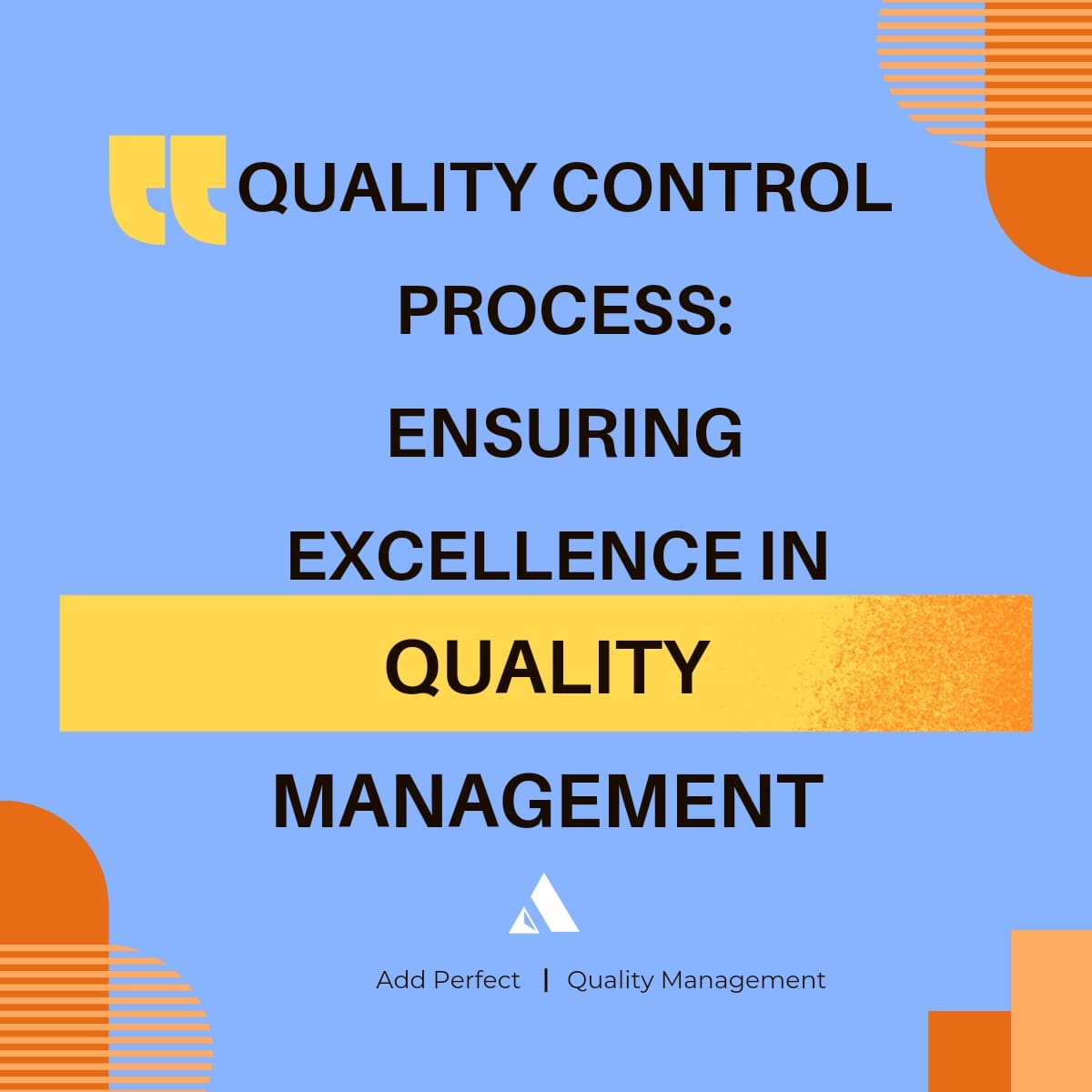
helloI really like your writing so a lot share we keep up a correspondence extra approximately your post on AOL I need an expert in this house to unravel my problem May be that is you Taking a look ahead to see you
I was recommended this website by my cousin I am not sure whether this post is written by him as nobody else know such detailed about my trouble You are amazing Thanks
Temp mail very informative articles or reviews at this time.
Somebody essentially lend a hand to make significantly posts I might state That is the very first time I frequented your web page and up to now I surprised with the research you made to create this particular put up amazing Excellent job
I just could not depart your web site prior to suggesting that I really loved the usual info an individual supply in your visitors Is gonna be back regularly to check up on new posts